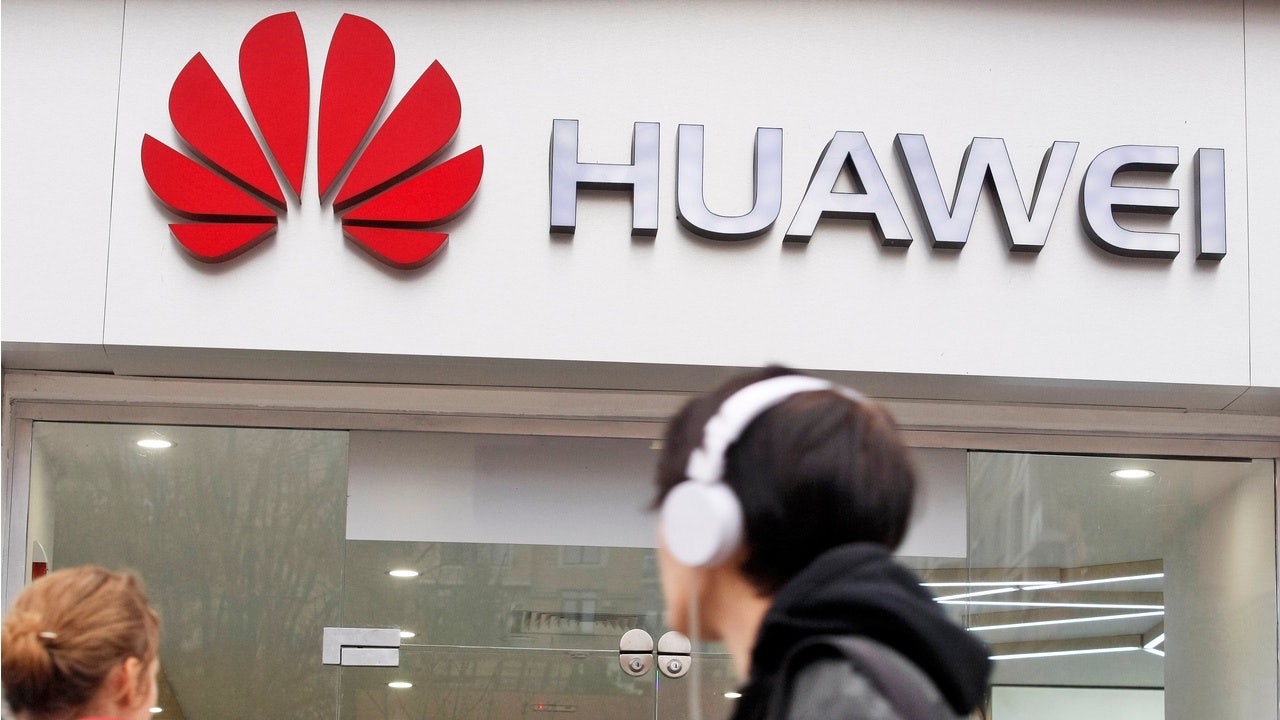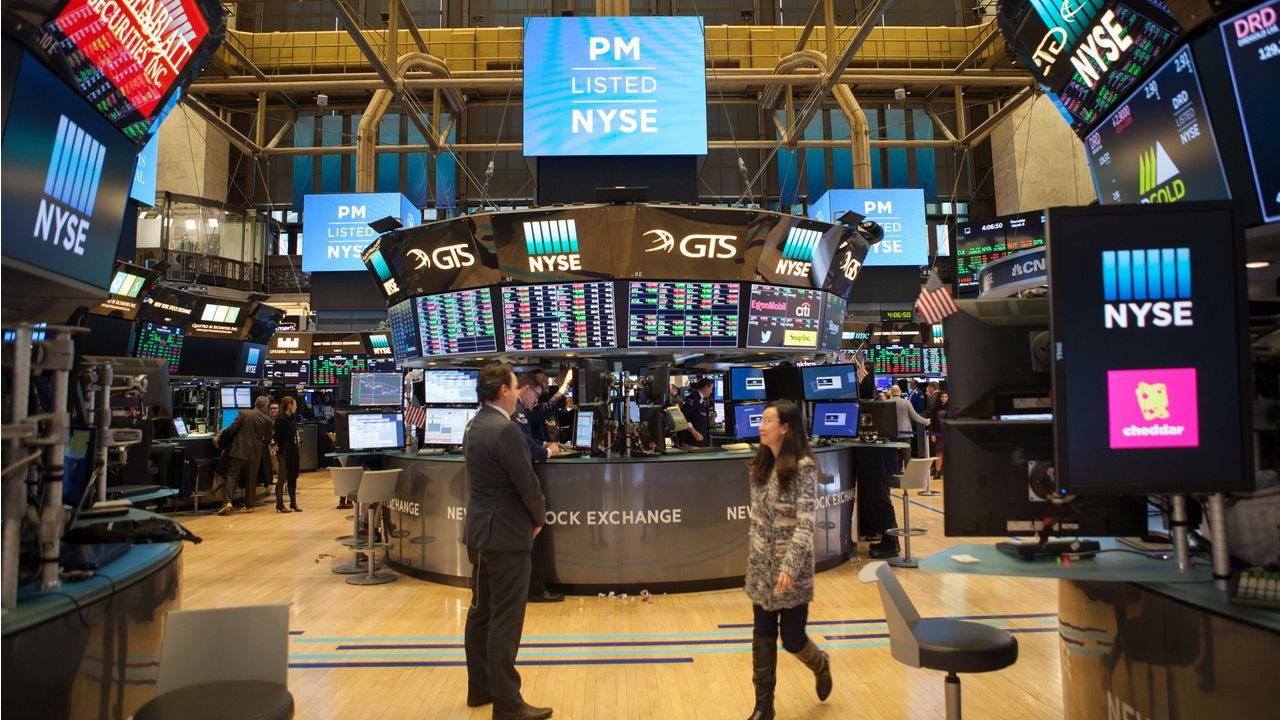What happened
President Joe Biden expanded a Trump-era ban that prohibits Americans from investing in Chinese companies connected to China’s military or presumed to sell surveillance technology that could be used against Hong Kong dissidents and Muslim minorities.
Biden’s executive order mentions 59 Chinese firms that will be outlawed and banned from receiving American investment starting August 2. Additionally, Americans with investments in these companies have been warned that they have a one-year grace period to divest.
In the opinion of Chinese foreign ministry spokesman Wang Wenbin, the US government had “abused its national power to suppress and restrict Chinese companies.” Furthermore, Wenbin states that “[these actions] have violated market principles [and] disrupted normal market rules and order, damaging not only the legal rights of Chinese enterprises but the rights of global investors, including US investors.”
The Jing Take
President Biden is walking a thin line with regards to these Chinese companies. The administration’s vision of foreign policy, trade, and geopolitics can both be seen as redeeming America’s role as a global crusader of human rights but also as a desperate attempt to maintain America’s hegemony around the globe.
Ironically, The New York Timeshighlights how the US and other Western countries “use some of the same technologies and techniques to track terrorists and drug lords.”
In France, right-wing politicians have demanded that President Macron begin a massive rollout of surveillance technology in public spaces. Meanwhile, some UK retailers use automatic facial recognition software in their stores. Yet, Washington hasn't moved to restrict any of these companies.
Perhaps the US is underestimating how entangled the economies of these two superpowers are. If Washington penalizes China, Beijing will impose tit-for-tat sanctions, punishing American companies, with the easiest targets being Tesla and Apple.
As per The New York Times, China Mobile has been supporting iPhones in China since 2014, helping Apple secure its top power ranking in the country. Meanwhile, Tesla is already fighting off various high-profile consumer complaints in the country.
And as a veritable trade giant, China could “persuade” emerging economies to follow Beijing’s path in negotiations with the US, taking a more hostile stand against Washington.
The US is already racing against China to acquire the resources needed for key technologies. But if emerging economies in Latin America and Asia decide to defy the US and embrace China’s position, Washington could lose its vital edge.
From a retail perspective, already vulnerable American fashion companies will need access to the Chinese market, and angering Beijing could lead to consumer boycotts and backlashes. The withdrawal of Hamp;M from digital maps in China shows what happens when Western retailers go against Beijing and express disloyal views.
As such, it would behoove Washington to realize China won't back down and that steps should be taken to mend this crucial relationship.
The Jing Take reports on a piece of the leading news and presents our editorial team’s analysis of the key implications for the luxury industry. In the recurring column, we analyze everything from product drops and mergers to heated debate sprouting on Chinese social media.

